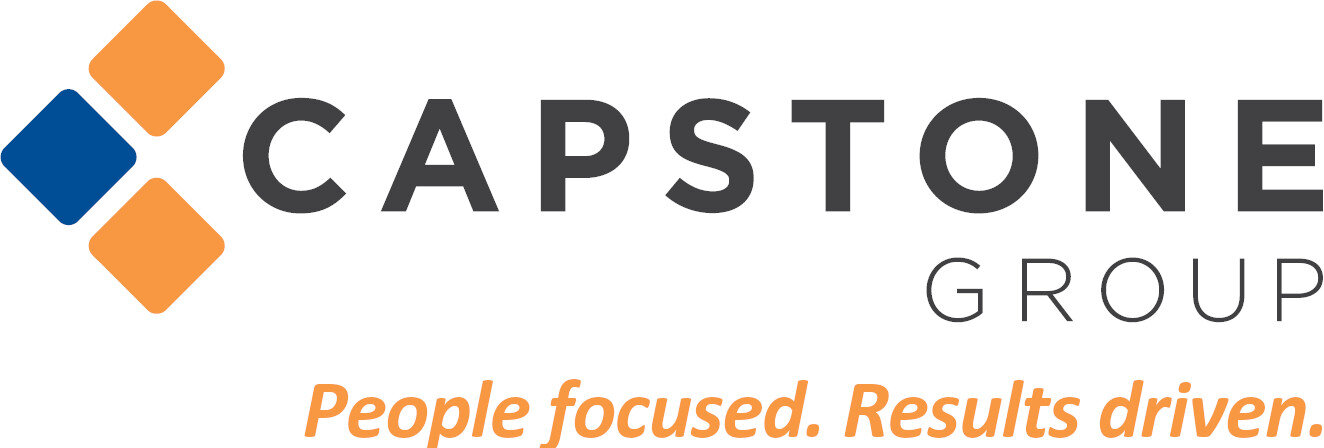A recent court decision highlights an administrative process known as cross-plan offsetting. Briefly, cross-plan offsetting is a mechanism used by third-party administrators (“TPAs”) to resolve overpayments to a provider made through one plan by withholding (or reducing) payment to the same provider through another plan.
Based on the court’s ruling, employers should review and understand whether their TPA engages in cross- plan offsetting and whether there is language in the plan documents to support this practice. Further, it is advisable to review whether to continue cross-plan offsetting or “opt-out” of this practice.
The following FAQs are intended to explain cross-plan offsetting and highlight some of the issues identified with this practice.
What is “Cross-Plan Offsetting?”
A TPA may determine that it overpaid a provider when reimbursing a claim for a group health plan. Instead of seeking recoupment for the specific overpayment from the provider, the TPA reduces a future payment made by another group health plan to that provider by the amount owed. This practice is generally applied to out-of-network providers.
What Has Changed?
On January 15, 2019, in Peterson v. UnitedHealth Group, Inc., the court determined that the cross-plan offsetting was impermissible when the written plan terms did not authorize this practice. Because the court determined the plan documents lacked authorization, it did not have to address whether the practice of cross-plan offsetting itself violated ERISA.
Does Cross-Plan Offsetting Violate ERISA?
According to the court, cross-plan offsetting, as a practice, violates ERISA unless the plan documents specifically authorize it. If the documents are silent, vague, or have broad interpretative authority (without express authorization), the practice is not permissible.
The question the court did not answer directly is whether cross-plan offsetting, even with appropriate plan language, violates ERISA. The court expressed concern that cross-plan offsetting is in some tension with the requirements of ERISA.
While not deciding the issue, the court recognized that at the very least, the practice approaches the line of what is permissible.
The Department of Labor is also concerned that this practice raises ERISA issues, both violations of fiduciary duty as well as prohibited transactions (self-dealing) as outlined in their amicus brief. So, while the court did not rule on these issues, the Department may take a harder look at TPA practices and payments when auditing employer-sponsored group health.
Will Removing Cross-Plan Offsetting Affect Plan Costs?
Perhaps. Typical administrative service agreements from TPAs indicate that a TPA will make reasonable efforts to recover any overpayments, but that it is only liable in the case of its gross negligence or willful misconduct. In this case,
an employer will generally be responsible for paying for the overpayment where the TPA does not recover it from the provider using ordinary efforts. This could result in increased costs to the plan.
The plan may be able to engage in “same-plan” offsetting. This means, within the same plan, offsetting overpayments made to an out-of-network provider for one plan participant by reducing a separate payment made to the same provider for a claim of another participant in the same ERISA plan. This practice, which should be disclosed in the plan documents, likely does not trigger similar ERISA issues that cross-plan offsetting does. However, as most plan claims are paid in-network, the potential for the TPA to be able to offset claims with the same out-of-network provider under the same plan may be limited. Further, plans must provide appeal rights to participants in the event they receive a balance bill for offset amounts in dispute.
What Should Self-Funded Plans Do?
Self-funded health plans may receive letters from their TPAs regarding cross-plan offsetting practices. Some TPAs will provide the plan sponsor the opportunity to “opt-out” of cross-plan offsetting practices.
Regardless of whether you received a notification or not, employers with self-funded plans should ask their TPAs whether they engage in cross-plan offsetting.
If the TPA does not use cross-plan offsetting, there is no issue.
If the TPA uses cross-plan offsetting, then the employer (as plan sponsor and plan fiduciary) should consider the following:
• An Opt-Out of cross-plan offsetting is available. If the TPA permits the employer/plan sponsor to opt- out, employers should decide whether they think the potential benefit to cross-plan offsetting is greater than their risk tolerance for a potential ERISA violation.
• Opting out. Opting out of cross-plan offsetting is the most conservative approach considering the court’s ruling and DOL’s interpretation. If choosing to opt-out, keep records of the decision and monitor TPAs to ensure that they are administering the plan consistent with the written plan terms.
• Opting in. Employers who stick with cross-plan offsetting should ensure that their plan document and summary plan description specifically authorize and outline the cross-plan offsetting process. Consider making the TPA a claims fiduciary with respect to the plan. There is a heightened risk of DOL intervention and/or litigation from providers. We recommend employers continuing cross-plan offsetting review this decision with counsel.
• No Opt-Out Available. If the TPA does not permit the employer to opt-out, the employer should be comfortable with the practice or consider moving to another TPA. We recommend employers choosing to permit cross-plan offsetting review this decision with counsel. Plan documents should include language authorizing the practice.
* This document is designed to highlight various employee benefit matters of general interest to our readers. It is not intended to interpret laws or regulations, or to address specific client situations. You should not act or rely on any information contained herein without seeking the advice of an attorney or tax professional. ©2019 Emerson Reid, LLC. All Rights Reserved. CA Insurance License #0C94240. *

